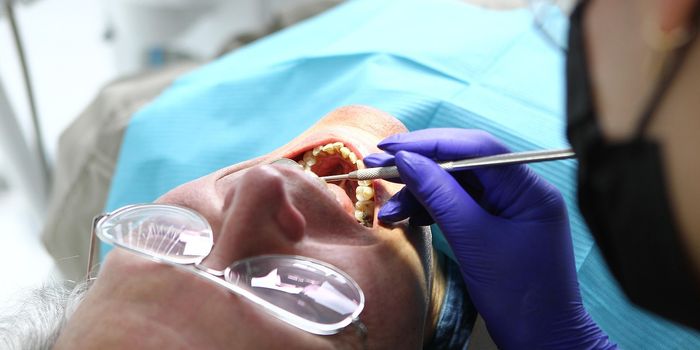Does Cannabis Use Reduce the Risk of Cancer?
In medical terminology, there are few terms as imposing as ‘cancer.’ According to the Centers for Disease Control and Prevention, nearly 2 million new cancer cases were reported in the United States in 2018. In this same year, roughly 600 thousand people died from cancer. Cancer can be extremely debilitating and significantly reduce a person’s quality of life. It can also be costly to treat. Given the growing interest in cannabis for disease treatment purposes, it is, therefore, no surprise that the relationship between cannabis and cancer has garnered attention. It has been observed that cannabis can have both protumor and antitumor properties. However, what does the current literature demonstrate regarding the association between cannabis and cancer overall?
In October 2021, the results of a meta-analysis exploring this association were published. The literature review performed by the investigators yielded 34 case-control or cohort studies with reported risk ratios. Investigators used various methods to reduce data with a high risk of bias, such as removing studies that did not adjust for concomitant tobacco use. Of cancers reviewed, only testicular cancer revealed an elevated risk associated with cannabis. However, this was not statistically significant. When these cases were removed, a negative relationship between cannabis and non-testicular cancers was observed. Statistical significance was observed with head and neck cancers.
Hypotheses as to why cannabis may reduce the risk of certain cancers include reduced rates of obesity and reduced risk of diabetes associated with cannabis use. In addition, cannabis has also been observed to produce anti-inflammatory properties. This study demonstrates an association between cannabis and a reduced risk of certain cancers. These results are promising. However, limitations include high heterogenicity between studies and small amounts of available data for certain cancers. The results of this study do not suggest that cannabis may cure certain cancers. Still, they do support the continued investigation into the negative association between cannabis use and cancer risk. Results also provide some support for the opinion of cannabis as a potential ‘preventive medicine.’
Sources: CDC, Cannabis and Cannabinoid Research









